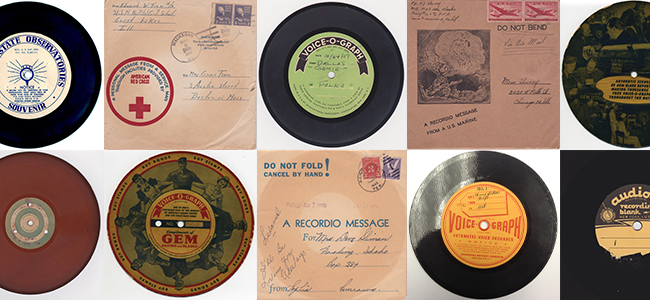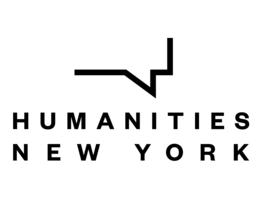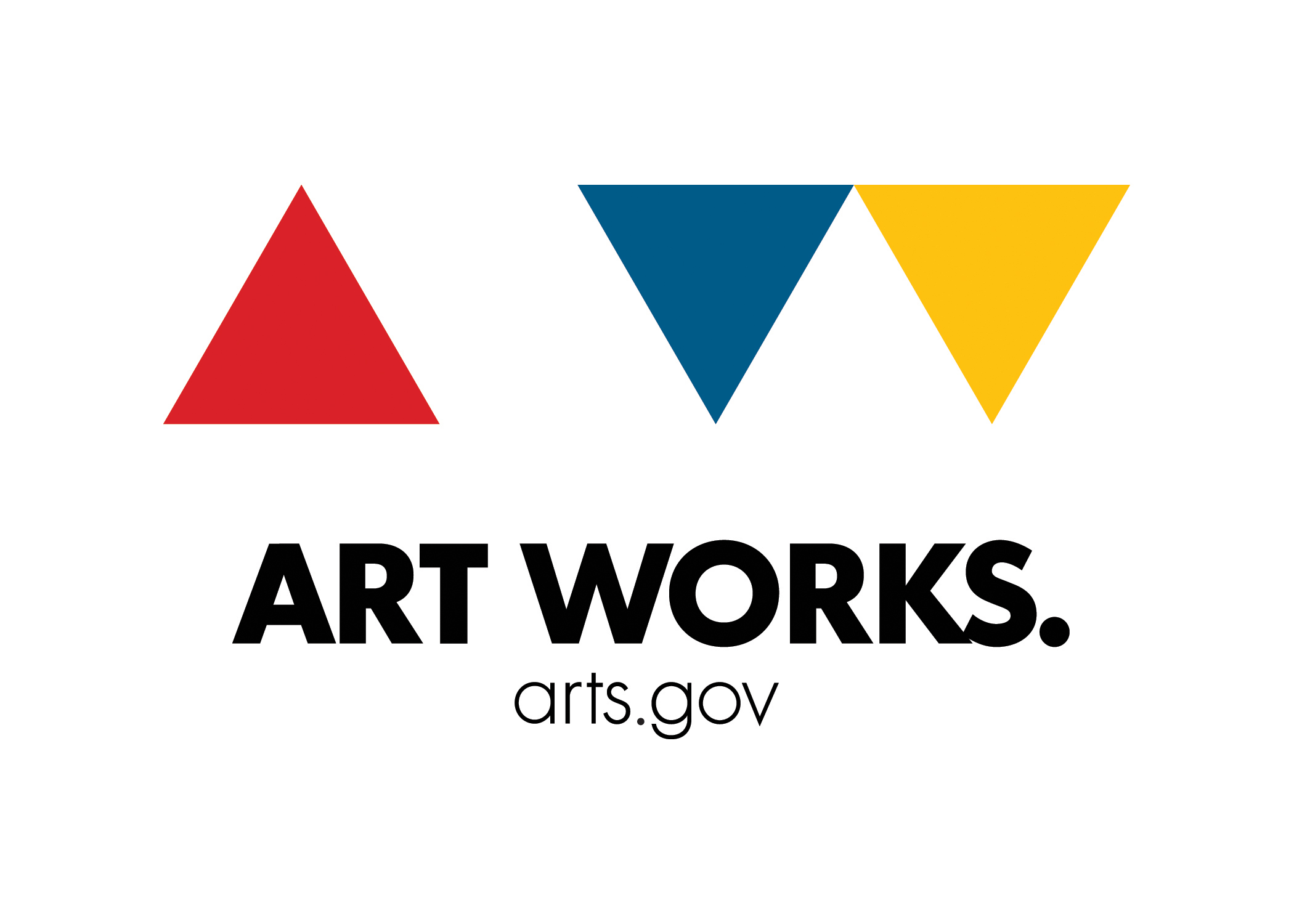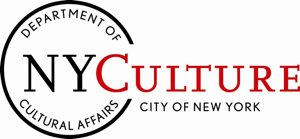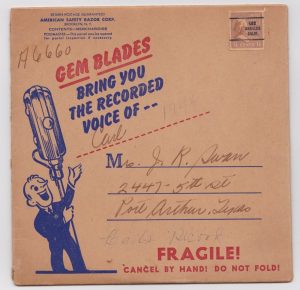 Nowadays we’re very accustomed to recording and hearing the sound of our own voices. But in the 1930s many people were doing it for the first time. And a surprising trend began. People started sending their voices to each other, through the postal service. It was literally: Voice-Mail.
Nowadays we’re very accustomed to recording and hearing the sound of our own voices. But in the 1930s many people were doing it for the first time. And a surprising trend began. People started sending their voices to each other, through the postal service. It was literally: Voice-Mail.
Most of these audio letters have been lost, but Professor Tom Levin has made it his goal to rescue those that remain. He has a growing collection of about 4,000 in his Phono Post Archive at Princeton University.
 These audio letters are small, lightweight records made in recording booths scattered all across the world in the 1930s, 40s and 50s. At the height of the craze, there were booths at amusement parks, fairgrounds, military bases, bus stops and post offices. People would enter a booth, drop a quarter into a slot, and talk into a microphone for a minute or so.
These audio letters are small, lightweight records made in recording booths scattered all across the world in the 1930s, 40s and 50s. At the height of the craze, there were booths at amusement parks, fairgrounds, military bases, bus stops and post offices. People would enter a booth, drop a quarter into a slot, and talk into a microphone for a minute or so.
While people spoke, the machine would cut a record in real time. And right afterwards, a little record would pop out, along with an envelope to mail it in. If you got a record in the mail, you could play it on your home phonograph.
And what were many of these early voice-mails about? Love.
So we thought we’d make you a Voicemail Valentine.
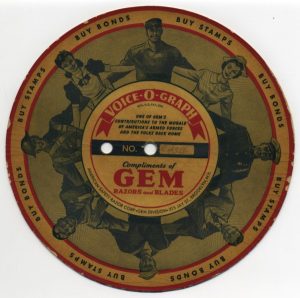 These recordings come from Tom Levin’s Phono Post Archive at Princeton University which is the world’s first collection of audio letters from around the globe. The archive is eager for submissions, so if you have an audio letter in your attic that you would like to contribute, email phonopost [@] princeton.edu. Tom will digitize it for free in exchange for adding the record to the archive.
These recordings come from Tom Levin’s Phono Post Archive at Princeton University which is the world’s first collection of audio letters from around the globe. The archive is eager for submissions, so if you have an audio letter in your attic that you would like to contribute, email phonopost [@] princeton.edu. Tom will digitize it for free in exchange for adding the record to the archive.
Visit the Phono Post website (www.phono-post.org) to hear more early voicemail, and to see images of the records. Also thanks to William Bollman, who restores the antique voice booths where these letters were recorded. See them on the VoiceOGraph facebook page, or email recordbooth [@] gmail.com.
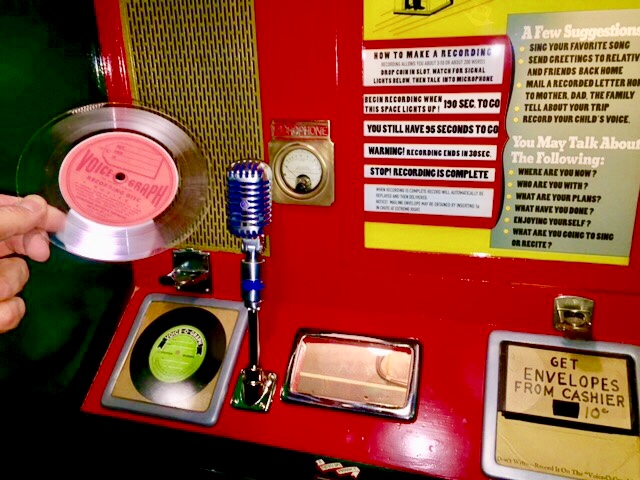
Support for Radio Diaries comes from the National Endowment for the Humanities, the National Endowment for the Arts, NYSCA, Radiotopia, and listeners like you.

